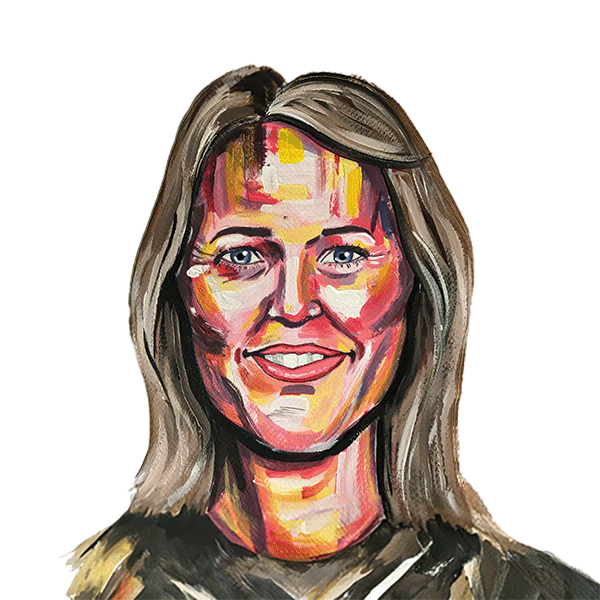Substance Awareness & Support: What HR & The Workplace Can Do

Substance misuse has been on the rise for a while now and many people still talk about substance use in ways that are stigmatising. In truth, there are a multitude of reasons why we, or those we care about, turn to alcohol, drugs and/or prescription medication. However, this stigmatisation can mean that people with a substance use disorder (SUD), or a problematic use of a substance feel shame and negativity, which can prevent them from seeking treatment or may adversely affect their recovery.
On the flipside, certain substances, such as alcohol, are glorified in some cultures. Drinking is seen as a socially acceptable activity and is the norm. This means that we must recognise that because drinking is so prevalent in many cultures that when people don’t drink or are discussing being sober, alcohol-free, or ‘dry’, they’re often met with questions, instead of acceptance or support for their choice.
It takes courage to admit you have a problem and even more courage to ask for help. At Spotify, we aim to support those who do. We provide education, tools and resources to help Spotifiers recognise unhealthy relationships with alcohol or prescription medication, so that they can get help to make behaviour changes before it turns into substance abuse. And for those who may already find themselves with an SUD, we have resources too.
It’s important that HR professionals do not look at substance misuse / abuse disorders as a stand-alone topic. It’s highly intertwined with mental health as the reason for turning to substances can be a coping mechanism, which may harm a person’s physical and mental health in both the short and longer term.
Below is a non-exhaustive list of reasons for substance misuse:
- Social Glorification: many social gatherings are centred around alcohol which can often make it difficult to say no, even if someone wants to.
- Peer Pressure: a culture which normalises alcohol and drugs to the extent that those choosing not to participate feel alienated.
- Self-Medication: using substances to temporarily reduce or cope with difficult thoughts and feelings.
- Grieving: after loss substances can be used to relieve physical and emotional pain.
- Reducing Stress: using substances as a way to dull the body’s natural fight-or-flight response
- Thrill Seeking: increasing the level of dopamine in the body.
- Boredom: turning to substances to escape the feeling of boredom.
When substance abuse is noticed in the workplace, it’s likely that it’s been going on for a long time – the workplace is often the last place it shows up at.
Last September, we launched a global Substance Awareness & Support Program. The program addresses the use of alcohol, drugs and prescription medication and focuses on creating awareness around the topic and providing support for those who would like to make a change.
We launched the program in two phases. The first was centred around understanding why someone might turn to substances. The idea was to create curiosity to prompt people to look at their relationship with substances and how they speak, act, and influence others. The second phase launched in December as the use of substances increased during festive seasons.
As with any support, it’s crucial to keep on reiterating the program and support available. This September we are taking the next step of the program, expanding the focus to include prescription medication. We’ll provide opportunities for people to understand prevention, recovery and support.
We want our workplace to be a place where our employees feel supported and safe, and that they can ask for help when they realise they have a problem. By helping Spotifiers to understand the underlying reasons for someone to become dependent on substances, our employees can better support themselves and others, and with simple changes in language, harmful stigma and negativity around SUD can be reduced or avoided.



